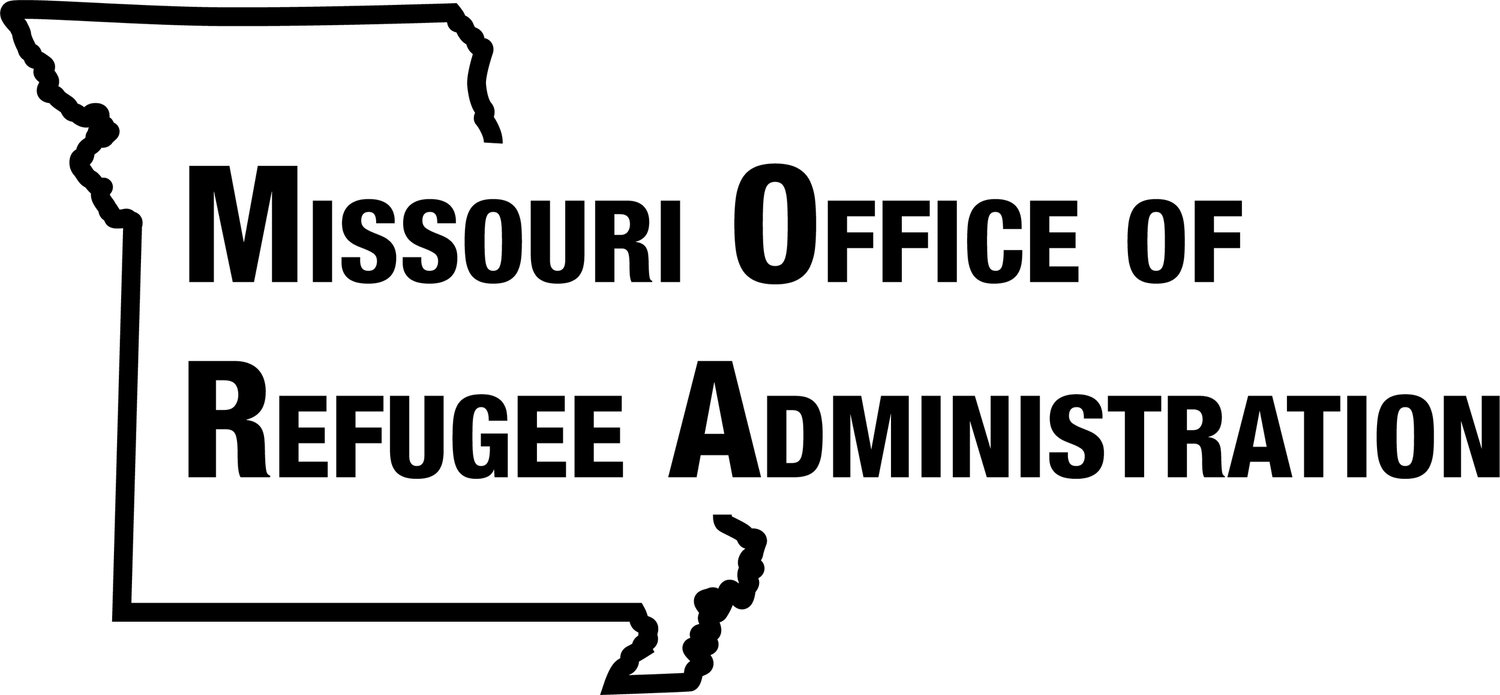
Human Trafficking
If you or someone you know needs help, call the National Human Trafficking Hotline at 888-373-7888. If you are in immediate danger, call 911.
Human trafficking occurs when a trafficker uses force, fraud or coercion to control another person for the purpose of engaging in commercial sex acts or soliciting labor against his/her will. Force, fraud or coercion do not need to be present if the individual in commercial sex is under 18 years old. For more information about human trafficking, click here.
On this page you’ll find a list of support services across Missouri for survivors of trafficking, as well as resources and other helpful tools for service providers.
Statewide
Coalition Against Trafficking and Exploitation (CATE): A state-wide organization that provides education, training and technical assistance to service providers, organizations and others looking to gain a better understanding of human trafficking.
Phone: 314-459-2854
Visit their website
National Human Trafficking Hotline Data for Missouri: This site provides an overview of human trafficking data for Missouri, including the number of cases seen each year, types of trafficking, and case demographics.
Stop Human Trafficking Resource Hub: This resource page offers a variety of resources for Missouri service providers and others looking to learn more about trafficking.
St. Louis
Healing Action: Offers case management, peer support, trauma therapy and basic needs assistance for adult survivors of sex trafficking.
Phone: 314-833-4515
Visit their website
Legal Services of Eastern Missouri: Provides legal assistance and representation for survivors of trafficking across 21 counties in eastern Missouri.
Phone: 314-534-4200
Visit their website
Missouri Baptist Children’s Home: Through an Anti-Trafficking Services (ATS) program, this organization serves adult women recovering from being sexually trafficked.
Phone: 314-739-6811
Visit their website
The Covering House: Offers community-based services, early intervention programs, and a youth residential home to help serve young victims of trafficking.
Phone: 314-962-3450
Visit their website
YWCA Metro St. Louis: The housing program and other support services are available for women and their families living in the St. Louis metro area.
Phone: 314-531-1115
Visit their website
Central Missouri
Stop Human Trafficking Coalition of Central Missouri: The coalition participates in outreach and education initiatives and helps local trafficking survivors through various support services.
Phone: 866-590-5959
Visit their website
Southwest Missouri
Legal Services of Southern Missouri: Provides legal assistance and representation for survivors of trafficking across 43 counties in southern Missouri.
Phone: 417-881-1397
Visit their website
Rapha International: Offers residential and non-residential care for children who are survivors of trafficking and sexual abuse.
Phone: 417-621-0373
Visit their website
Kansas City
ReHope: Serving residents of Kansas and Missouri, this organization provides housing, treatment and other support services for women and children victims of trafficking.
Phone: 816-793-0500
Visit their website
Veronica's Voice: Although this organization is located on the Kansas side, it accepts referrals nationwide and provides up to two years of housing and services for adult survivors of sex trafficking.
Phone: 816-483-7101
Visit their website
Resources & Helpful Tools
National Human Trafficking Hotline: This site includes information for reporting tips, finding local services, safety planning tools and other relevant resources.
Trafficking Victim Assistance Program (TVAP): This page outlines information for TVAP, which funds case management services for foreign national adults and minors who have experienced trafficking and are pursuing Department of Health and Human Services (HHS) certification.
Individuals can receive help with case management, as well as help gaining access to housing, employability services, mental health screenings, medical care and legal services.
Trafficking Specialists can be reached at trafficking@acf.hhs.gov or 202-205-2321.
24-hour reporting requirements: the Trafficking Victims Protect Act of 2000 (TVPA) requires federal, state, and local officials to notify HHS no later than 24 hours after discovering that a foreign national minor may be a victim of trafficking.
Addressing Human Trafficking in America’s Schools, a webinar series from the U.S. Department of Education, draws attention to the important efforts underway in our nation’s education community to address both sex and labor trafficking.
Human Trafficking in America’s Schools, a recently updated guide from the U.S. Department of Education, aims to provide awareness of the current prevalence of child trafficking and the forms it takes.
Toolkit for Building Survivor-Informed Organizations, a toolkit from the National Human Trafficking Training and Technical Assistance Center, aims to support anti-trafficking organizations, coalitions, task forces, volunteer programs, and other organizations who support those impacted by human trafficking.
Combating Child Labor Trafficking: A Resource Collection for Providers Serving URMs and Other Youth: Due to their unique circumstances, children and youth enrolled in the Unaccompanied Refugee Minors (URMs) program may be at increased risk for labor trafficking. This blog post from Switchboard is intended to equip URM service providers and other youth-serving professionals with key information and resources.
Traumatic Stress Among Refugee Children: Responding to Abuse, Exploitation and Trafficking: This information guide defines and summarizes risk factors and indicators of child abuse, exploitation, and trafficking, both for general populations and specifically for newcomer children and youth. It also describes newcomer service providers’ role in supporting clients who are children or youth potentially facing these issues.
Am I in a Dangerous Working Situation? Anti-Trafficking Resource: These resources include a one-page child and youth-facing information sheet, as well as a customizable PowerPoint and accompanying facilitator’s guide for staff wanting to raise awareness about labor trafficking and child labor trafficking within their community.
T Visas for Trafficking Victims: T visas offer temporary status to certain victims of trafficking. Find information about the application process and who can apply.
